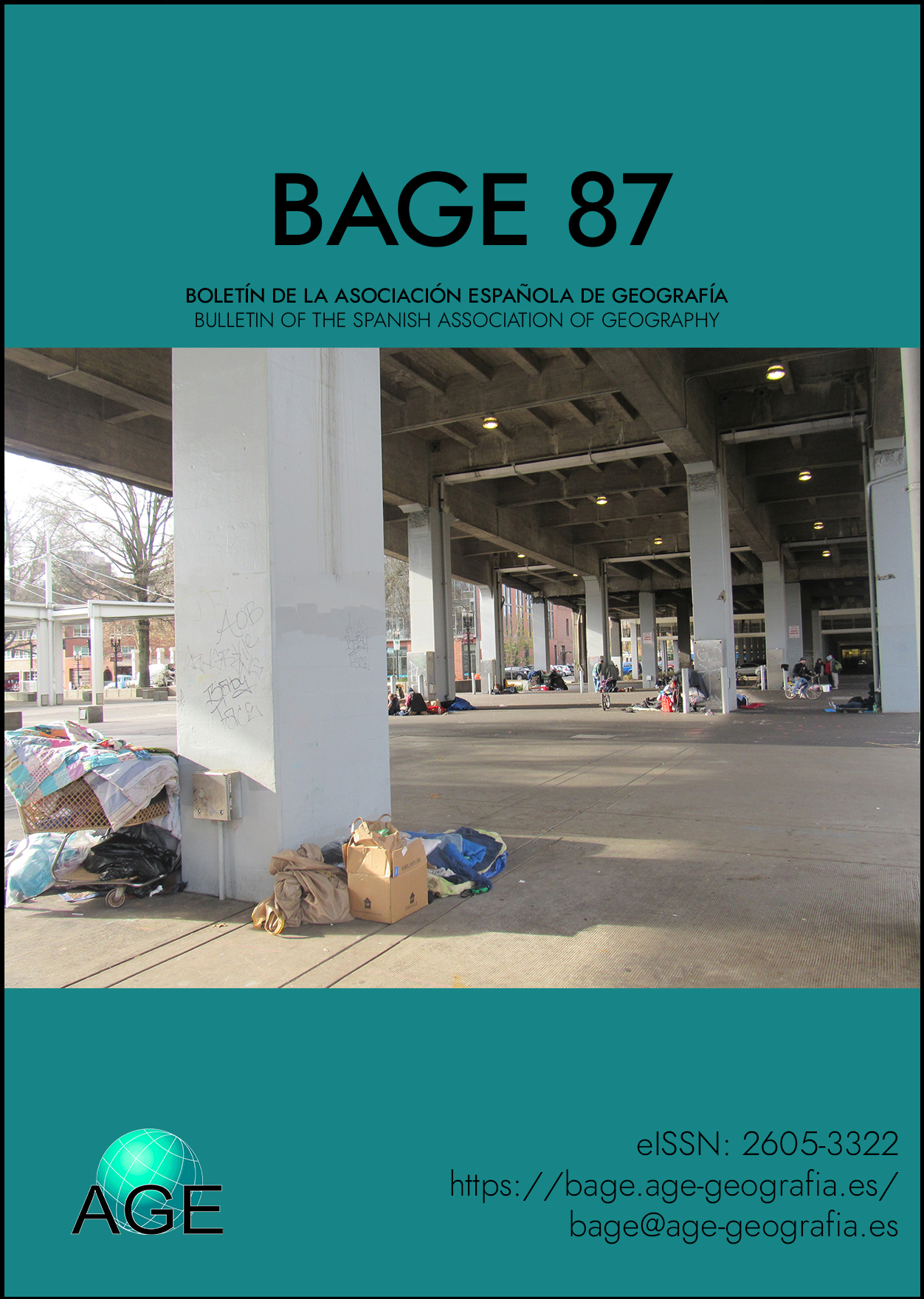Portland (Oregon, USA) (2016)
Main Article Content
Abstract
The current urbanization process brings forward the increase of inequalities within the city which is related, amongst other factors, with impoverishment processes and the increase of vulnerability, segregation and social polarization. These factors happen to be responsible for the production of a new spatial order. Segregation is a cause of urban inequality, which in turn perpetuates the segregated location of the most disadvantaged and the difficulties of upward mobility. The last financial and real-state crisis (2007) and the COVID-19 crisis (2020) have increased the social gaps and have brought to the front the abandoned city, the city of waste and the city of the discarded. This process is not exclusive of the United States or Latin America, but it has also become common in the successful European welfare sates or in the emerging economies of Asia.
Downloads
Article Details

This work is licensed under a Creative Commons Attribution-NonCommercial 4.0 International License.

